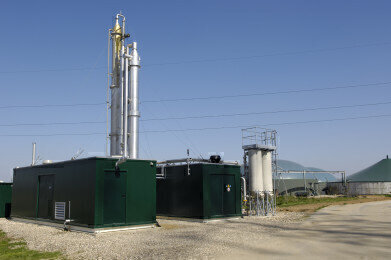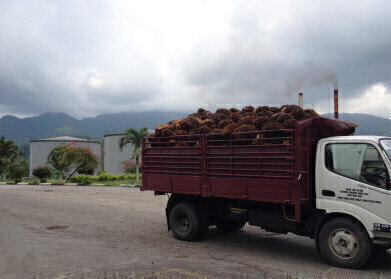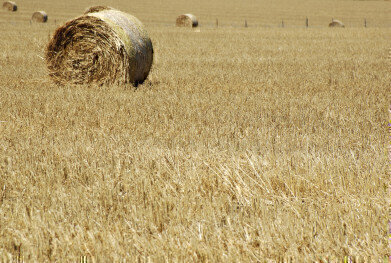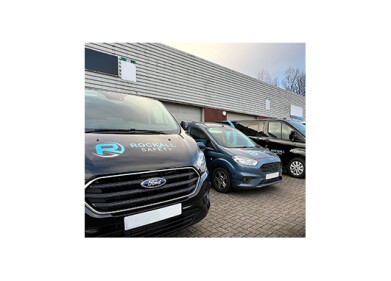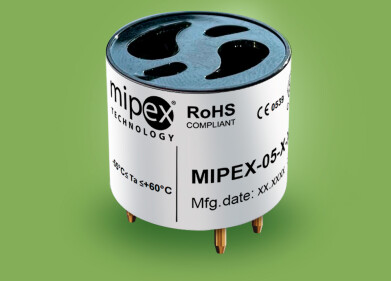Gas Detection
RHI - A Better Deal For Biogas
Jul 11 2018
After over a year’s delay, reforms to the Renewable Heat Incentive (RHI) scheme were finally given the seal of approval from the House of Lords in May this year. On the 22nd May, the new tariffs came into effect, ushering in a better deal for Anaerobic Digestion (AD) plant operators and a much-needed push to get the UK investing in biogas.
Here, Graham Sanders, Major Account Manager at Geotech explains the three main changes to the RHI scheme that biogas producers need to be aware of:
1. Uplift to biogas and biomethane tariffs
The new tariffs for biogas and biomethane are as follows, with the rates for biomethane being reset to 1st April-1st July 2016 levels:
- Biomethane Tier 1 - 5.60p/kWh
- Biomethane Tier 2 - 3.29p/kWh
- Biomethane Tier 3 - 2.53p/kWh
- Small biogas combustion (<200 kWth): 4.64 p/kWh
- Medium biogas combustion (200 kWth<600 kWth): 3.64 p/kWh
- Large biogas combustion (≥600 kWth): 1.36 p/kWh
However, there are a few Ts&Cs to be aware of – the tariff rates are applicable to new schemes or applications for additional capacity only. Biomethane installations registered between 14 December 2016 and 22 May 2018 also qualify for an uplifted tariff.
2. Tariff guarantees
The introduction of tariff guarantees is an important step in attracting investment into the UK’s renewable energy sector, and under the revised RHI scheme, a tariff rate can be set in advance of a plant being commissioned which is great news for AD businesses.
Tariff guarantees are available for all capacities of biomethane, up to the injection of 250 GWh per year, and also apply to biogas technologies over 600kW. The guarantees offer operators a fixed tariff for 20 years, allowing them to better plan their business case for investors and ensure they establish a financially sustainable plant.
To be eligible for a tariff guarantee, an applicant must complete a three-stage process; secure provisional approval for a tariff guarantee; make an application for a full tariff guarantee, and finally make an application for full registration.
3. Biogas/biomethane feedstock restrictions
Under the revised regulations, at least half of the biogas produced by AD plants will have to be derived from feedstocks classified as wastes or residues (agricultural waste like manure, crop and food waste) in order to receive the full tariff.
The final word
According to the Anaerobic Digestion & Bioresources Association (ADBA), the number of new AD plants being built in the UK has fallen in recent years, in line with decreases to the RHI tariffs.
With the new RHI regulations providing a much-needed boost to the amount producers can claim, ADBA forecasts that the restored tariffs will encourage up to 40 new plants to be built over the next two years. This could generate up to an extra 2tWh of renewable heat per year, equivalent to a 50% increase in the biomethane industry’s output.
For more information on Geotech’s market leading biogas solutions, please visit click here or to speak to a member of our sales team call +44(0)1926 338111.
Digital Edition
IET 34.2 March 2024
April 2024
Gas Detection - Biogas batch fermentation system for laboratory use with automatic gas analysis in real time Water/Wastewater - Upcycling sensors for sustainable nature management - Prist...
View all digital editions
Events
Apr 22 2024 Hannover, Germany
Apr 22 2024 Marrakech, Morroco
Apr 23 2024 Kuala Lumpur, Malaysia
Apr 23 2024 Kintex, South Korea
Apr 23 2024 Edmonton, AB, Canada
